
Knee Cartilage Damage - Overview
Knee cartilage features with very low friction, high tear resistance and possesses poor regenerative qualities. Since it is involved in bearing too much load and is in charge with compressive resistance once it has become damaged knee cartilage simply cannot perform its role successfully anymore and the pain occurs.
One of the most common illnesses which damages knee cartilage is osteoarthritis. It leads to limited range of motions, bone damage and intensive pain. In extreme cases, cartilage can be so worn out that the bones of the knee joint are exposed to direct friction which causes even more severe pain.
Knee replacement surgery is one treatment modality which provides with desirable results and is less complex and intrusive comparing to complete joint replacement surgery. It is much cheaper as well.
Arthritis gradually destroys knee cartilage and patients apart from pain also suffer from inflammation and swelling of the affected joint. As the disease worsens patients become perfect candidates for knee cartilage replacement, the surgery which will prevent further damage and make patients become functional again.
Knee Cartilage Replacement - The Very Surgery
The cartilage necessary for the surgery can be easily produced in a lab by using DNA samples. Still, its replacement can be rather difficult. Cartilage cells of a human body may be cloned but injection of these cells into the knee does not have to provide with desirable results. The most serious problem of the procedure is correct placement of the cells. Furthermore, in some people the body simply accepts these cells, and, on the other hand, the cells can be also instantly rejected. Rejection can cause failure of the procedure and may be also related to even more complications.
The process of replacement is considered successful if the cells stick and adhere to the joint at the spot where they have been injected. The body itself determines whether the process will be successful or not. In some cases the cartilage is fully formed but it simply cannot support the weight of the body or does not allow smooth movements of the joint. All these setbacks make some of the doctors think that the procedure may be inappropriate for arthritis patients.
Problems Related to Knee Replacement Surgery
The major problem related to the procedure is adherence of the injected cells. The cartilage normally forms a thick lining in the end of the bones and this is why adherence must strictly take place on the very end of the bone.
Furthermore, only injection of cartilage cells does not give the perfect structure of the new cartilage since cartilage apart from cartilage cells contains several more components including water, collagen, proteins and a variety of non-cellular material. And finally, the procedure cannot be fully effective in patients whose cartilage has been totally destroyed and who have also developed bone spurs.


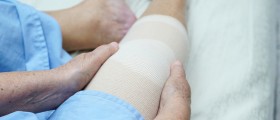

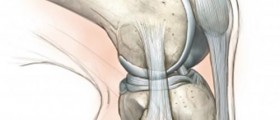


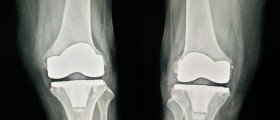


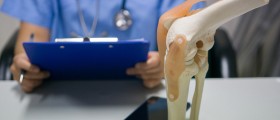


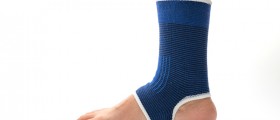



Your thoughts on this
Loading...